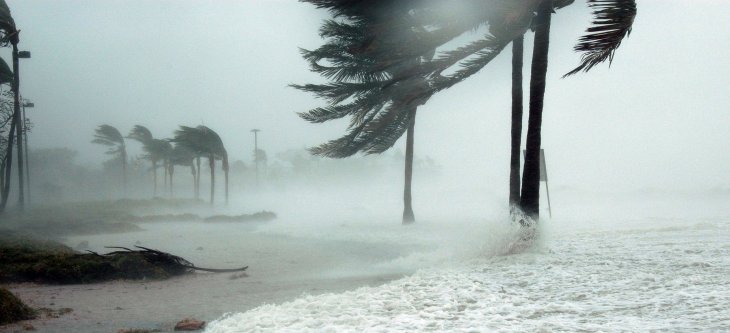
PHOTO: Creative Commons
The scientific evidence for climate change is unequivocal, and the scientific community continues to refine our understanding of the impacts of these changes. Many of these physical changes, such as heatwaves, droughts and sea-level rise, are projected to adversely affect human wellbeing. The scope of these impacts has prompted serious concern that climate change may increase or alter the propensity for human violence and conflict. At the time of the Intergovernmental Panel on Climate Change (IPCC)’s Fifth Assessment Report in 2014, however, the relationship between climate change and conflict was highly contested with a relatively small number of high profile papers, such as Hsiang, Burke and Miguel (2013) and Buhaug, Nordkvelle, Bernauer et al. (2014), making divergent claims.
The authors find little evidence for direct pathways from climate change to violence, especially for group-level violence and armed conflict.
Since IPCC’s Fifth Assessment Report, there has been a substantial growth in the literature on the climate change and conflict across different social science disciplines. In the December 2017 issue (Volume 3, Issue 4) of Current Climate Change Reports, researchers from five social science disciplines—anthropology, criminology, economics, geography, and political science—reviewed the contributions from their disciplines on evaluating the relationships between climate change and conflict, focusing on more recent contributions. Here, I highlight some of the key findings across the five manuscripts:
- These authors find little evidence for direct pathways from climate change to violence, especially for group-level violence and armed conflict.
- Progress that has been made on refining and testing more complex pathways with support for indirect effects in agricultural and other vulnerable settings.
- There is also stronger evidence for climatic effects exacerbating ongoing violence rather than initiating new violence.
- The authors emphasize the importance of governance and institutions, adaptive capacity, and potential cooperative behavior in moderating violence.
Taken as a whole, the manuscripts in this issue form the beginnings of a broader conversation on the relationships between climate change and different forms of violence. Looking across the disciplines provides an opportunity to expand the evidence that can be brought to bear when making statements regarding the degree of and reasons for agreement and disagreement and the uncertainty in the relationships between climate and conflict.
Looking across the disciplines provides an opportunity to expand the evidence that can be brought to bear when making statements regarding the degree of and reasons for agreement and disagreement and the uncertainty in the relationships between climate and conflict.
Opportunities to continue to enhance the synthesis of the literature on climate change and conflict for the IPCC’s Sixth Assessment include: (1) employing the full range of research synthesis tools to characterize the evidence from meta-analysis to expert elicitation; (2) improving the characterization and delineation of the types of violence and pathways that can be examined across disciplines; (3) focusing on cooperation and environmental peacebuilding as well as the interactions of climate mitigation and adaptation policies with both conflict and cooperation; and (4) leveraging social science to enhance the communication of the evidence and translation of this scholarship into security and development policy.
Leave a Reply